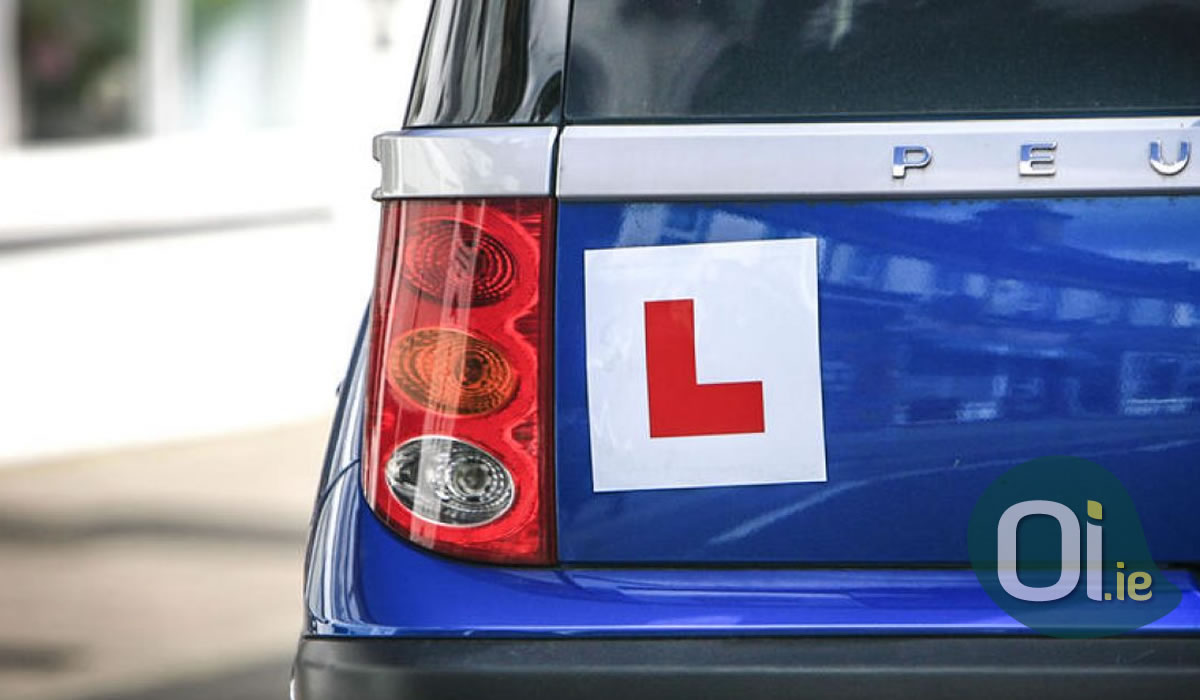If you are Brazilian and are planning to live in Ireland, one of the first things you will notice is that the traffic there is a little different from what we are used to in Brazil. Not only because of the English hand, but also because of some peculiarities of the roads and the steering system. In this article, we’ll cover everything you need to know about driving in Ireland, with essential tips to make this experience smoother and safer.
English hand: The first challenge
Ireland is one of the countries that adopt the so-called “English hand”, which means that you will drive on the left side of the road. This can be a little confusing at first, especially if you are already used to the right hand in Brazil. But don’t worry, with practice and attention, you will adapt.
Driver’s license and documentation
If you intend to drive in Ireland, it is important to ensure your documentation is in order. Here is some essential information on this subject:
- Brazilian driver’s license: Your Brazilian driver’s license is valid in Ireland for one year from the date of arrival. This means that you can use your Brazilian wallet during this period without any problems.
- Theoretical test:If you intend to stay in Ireland for more than a year, you will need to pass a theory test on traffic rules. This test consists of 400 questions, and you can only get 5 wrong. It is important to study the preparatory material well and take the simulations to prepare properly.
- Ophthalmological examination: After passing the theoretical test, you will need to take an ophthalmological exam, which can be carried out at authorized opticians or clinics.
- Irish driver’s license: With your test and eye exam results in hand, you can apply for your Irish driving license. Make sure you bring proof of residence and document (passport). The fee for the wallet is 35 euros.
Fees and taxes
Just like in Brazil, in Ireland there are fees and taxes related to the ownership and use of vehicles. Here is some important information on this subject:
- Vehicle circulation tax: The value of this tax is assessed based on the vehicle’s CO2 emission rate (manufactured after 2008) or engine capacity (manufactured before 2008). Prices can vary from 120 euros to 2,350 euros, depending on the vehicle.
- National Car Test (NCT): Vehicles four years old or older in Ireland must pass the NCT test. The fee for the test is 55 euros. If the test is refused, you will need to carry out the necessary repairs and pay 28 euros for a new test.
- Circulation rate: It is important to pay attention to this fee, which must be paid annually to the government. The value may vary depending on the type of vehicle.
Choice of vehicle and fuel
When choosing a vehicle in Ireland, take into account the type of fuel it uses. Many cars can run on diesel or gasoline. The choice between the two will depend on the number of kilometers you intend to cover during the year.
- Diesel: If you travel more than 15,000 km per year and live in rural or commercial areas, diesel may be the best option due to its lower cost per liter compared to gasoline.
- Gasoline: If you don’t intend to travel long distances or live in urban areas, gasoline may be more suitable for you.
Keep in mind that fuel prices can vary, with gasoline costing between 62 and 77 euro cents, while diesel varies from 1.03 to 1.60 euros per liter.
Electric cars in Ireland
Electric cars are becoming increasingly common in Ireland, providing a clean and economical option for transport. They are ideal for short commutes and offer a sustainable alternative to using fossil fuels.
There are also hybrid vehicles, which combine electricity and gasoline, providing versatility for different situations, such as urban and highway use.
One advantage of electric cars in Ireland is that the annual fee for these vehicles is minimal as they do not emit CO2. This can result in significant savings compared to petrol or diesel cars.
Ireland has a network of 900 charging points for electric cars, located every 50 km on the main intercity highways.
Car rental in Ireland
Instead of buying a car in Ireland, many people choose to rent, especially if they don’t need a vehicle often. Car rental can be advantageous in specific situations, such as weekend trips or occasional errands in the city.
Most car rental companies in Ireland require the driver to be over 21 years old and have at least one year of driving license. Additionally, an international credit card and passport are required.
Car rental prices in Ireland can vary depending on a number of factors, including the car model, rental duration and additional services such as insurance and unlimited mileage. It is important to compare the available options and choose the one that best suits your needs.
Shared cars in Ireland
In addition to traditional rental, car sharing has become a popular option in Ireland. Ridesharing, known as “carsharing,” allows you to save money and contribute to reducing traffic in cities.
Apps like BlaBlaCar make it easy to organize rides between cities, offering the opportunity to meet new people and save on travel expenses.
Conclusion
Driving in Ireland can be challenging at first, due to the English traffic and differences in traffic rules compared to Brazil. However, with practice and paying attention to the tips outlined in this article, you’ll be ready to tackle Irish roads with confidence.
Remember to keep your documentation in order, understand vehicle-related fees and taxes, and consider car rental and car sharing options to make your driving experience in Ireland more convenient and cost-effective.
With this information in mind, you’ll be prepared to explore all of Ireland’s beauty on four wheels and make the most of your stay in the country. Have a good trip and good driving!





